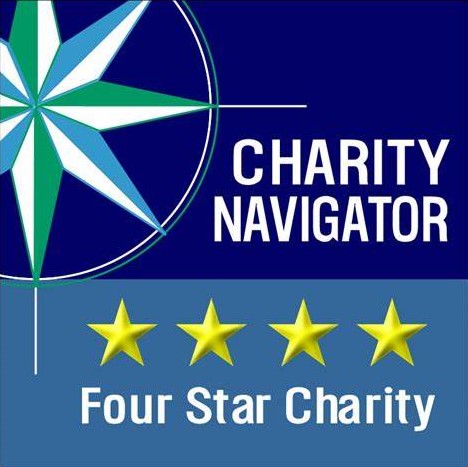Tampa, Fla., September 23, 2008 – The American Association of Kidney Patients (AAKP) is seeking Congressional support of a bill, the Organ Donor Clarification Act of 2008, to amend the National Organ Transplant Act to clarify law related to public incentives for organ donation. The bill is sponsored by Senator Arlen Specter (R-PA). The 1984 Act prohibits financial incentives for organ donation.
The kidney transplant waiting list grows greater every year while the donor list decreases and this is despite public campaigns to raise awareness about the organ shortage and the expansion of the donor criteria. Currently, there are more than 99,000 people on the transplant waiting list according to the United Network for Organ Sharing (UNOS). The majority, 75,000, of those on the list need a new kidney.
In a letters to all 100 U. S. Senators, AAKP President Roberta Wager, RN, MSN, states, “As the waiting list for organs grows ever longer, it is time to allow government controlled trials of financial incentives to help increase the number of organ donors. A financial incentive is not necessarily a cash payment: for example, a donor could receive something as simple as lifelong health insurance, or families could receive funeral benefits for the deceased donors.”
AAKP supports research studies on the effects of offering financial incentives for organ donation and believes Senator Specter’s legislation would clear the way for pilot studies of incentives provided by federal and state governments. Visit the AAKP Web site at www.aakp.org. For more information about AAKP call (800) 749-AAKP.
AAKP is the voluntary, patient organization, which for more than 35 years, has been dedicated to improving the lives of fellow kidney patients and their families by helping them deal with the physical, emotional and social impact of kidney disease. The programs offered by AAKP inform and inspire patients and their families to better understand their condition, adjust more readily to their circumstances, and assume more normal, productive lives in their communities.






























